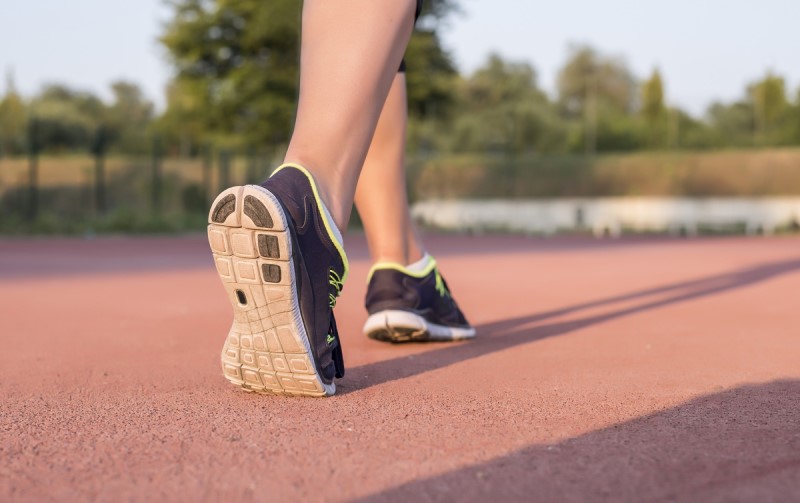Non-alcoholic steatohepatitis (NASH) is a liver disease characterized by fat accumulation, inflammation, and liver cell damage. It is a growing concern worldwide due to its link with obesity, diabetes, and metabolic syndrome. Currently, there is no approved specific pharmacological therapy for NASH, and lifestyle modifications such as diet and exercise are the primary interventions. In this post, we will focus on the role of exercise in NASH management based on recent scientific papers.
A randomized controlled trial conducted by St. George’s University of London investigated the effect of a 16-week exercise program on NASH patients. The study found that exercise led to significant reductions in liver fat, as well as improvements in liver function, insulin sensitivity, and blood lipid levels. These benefits were seen even in the absence of significant weight loss, suggesting that exercise has a direct impact on liver health beyond its effects on weight management.
Another study published in the Journal of Hepatology examined the mechanisms underlying the positive effects of exercise on NASH. The study found that exercise promotes the breakdown of liver fat through the activation of cellular pathways involved in lipid metabolism. Exercise also reduces inflammation and oxidative stress in the liver, which are key contributors to NASH progression. The study suggests that exercise may be a promising therapeutic option for NASH patients, potentially even in combination with pharmacological therapies.
In addition to these findings, exercise also has other benefits for NASH patients. A review published in the journal Nutrients suggests that exercise can improve gut health and reduce gut inflammation, which are also linked to NASH progression. Exercise has also been shown to improve cardiovascular health, which is important as NASH patients are at an increased risk of cardiovascular disease.
In conclusion, exercise is a promising intervention for NASH patients due to its positive effects on liver fat, liver function, insulin sensitivity, and inflammation. These benefits are seen even in the absence of significant weight loss, making exercise a feasible and accessible intervention for many patients. While further research is needed to determine the optimal exercise program for NASH patients, current evidence suggests that exercise should be an important part of NASH management.
“DietSensor NASH” for iOS (download here) is a nutrition coaching app specialized in Nash to help patients affected by the disease tackle and if possible reverse it. It provides daily guidance, meal plans, a meal generator to match your preferences, nutrition education, macronutrient tracking, and a chat with a dietitian. It starts at the price of $49 to make sure anybody has access to its science-backed content.
References:
https://www.hamiltonhealthsciences.ca/wp-content/uploads/2019/08/NAFLD-trh.pdf
https://www.hepatitis.va.gov/pdf/non-alcoholic-patient-guide.pdf




